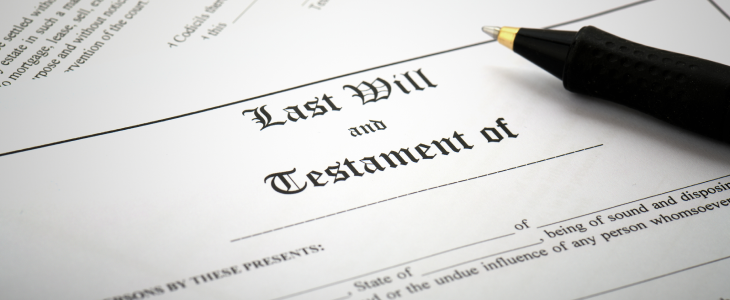Delicate family dynamics and the deep-seated wishes of loved ones often come to the forefront when a will is contested. Such disputes introduce confusion and conflict during challenging times. Several reasons may prompt individuals to challenge a will, including concerns about the mental state of the person who created the will, suspicions of undue influence, or issues related to the will’s execution. Exploring these common grounds for contention reveals the complexities surrounding the distribution of an estate.
Lack of Testamentary Capacity
When a person creates a will, the law requires them to have testamentary capacity, meaning they understand the act of making a will, the nature and extent of their assets, and the identities of those who naturally might inherit. Challenges often arise if there’s belief the creator was not in a state to make these decisions, perhaps due to mental health issues like dementia or Alzheimer’s. These situations require careful consideration, as proving a lack of testamentary capacity involves medical records, expert testimonies, and intimate details of the individual’s cognitive condition at the time the will was made. It’s a sensitive area that touches on legal standards and deeply personal aspects of someone’s life.
Undue Influence
Undue influence occurs when someone exerts excessive pressure on the person making a will, overpowering their free will and resulting in a testament that reflects the influencer’s wishes rather than those of the testator. This situation often involves a vulnerable testator—perhaps due to age or health issues—being manipulated by a caregiver, family member, or friend who then receives a disproportionately large portion of the estate. Proving undue influence is complex; it requires showing the influencer had the motive, opportunity, and actual effect on the will’s contents. Cases hinge on detailed evidence, such as changes in estate distribution patterns that significantly benefit the influencer, and isolation of the testator from other family and friends, underscoring the nuanced battle between personal relationships and legal boundaries.
Improper Execution
For a will to be legally valid, it must meet specific execution requirements, which can vary by state. Typically, this includes being in writing, signed by the testator, and witnessed by at least two impartial individuals. Improper execution arises when these formalities, such as a missing signature or insufficient witnesses, are not correctly followed. These oversights can lead to a will being challenged and potentially deemed invalid, casting doubt on the testator’s intentions. Ensuring a will is properly executed under the guidance of legal professionals can prevent such challenges, safeguarding the will’s integrity and the testator’s final wishes.
Fraud or Forgery
Fraud or forgery in the context of wills involves deliberate deception to manipulate the contents or the execution of a will. Fraud may occur when someone deceives the testator about the nature or the contents of the document they are signing, while forgery typically refers to falsifying the testator’s signature or the entire will. These acts directly undermine the authenticity of the will and the genuine intentions of the testator. Proving such allegations requires concrete evidence, often through handwriting analysis, forensic investigations, and witness testimonies, to demonstrate the will does not reflect the deceased’s true wishes.
Contact an Experienced Will Contest Attorney
Randall J. Borden has extensive experience and can skillfully and compassionately address disputes over wills. If you’re facing uncertainties or conflicts regarding a will, don’t navigate this alone. Contact us for dedicated support that aims to protect your rights and honor your loved one’s wishes.

